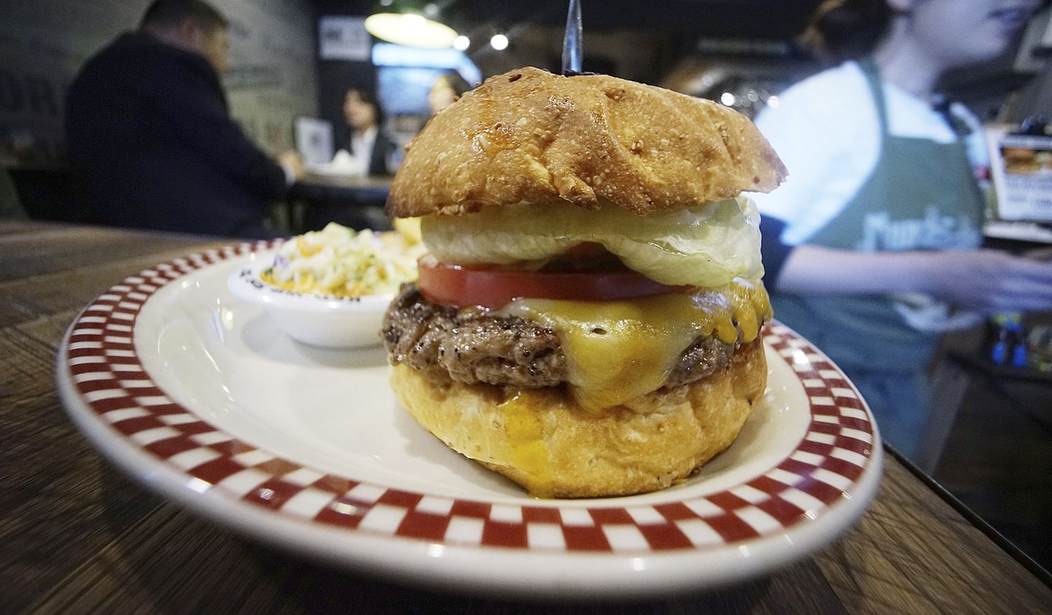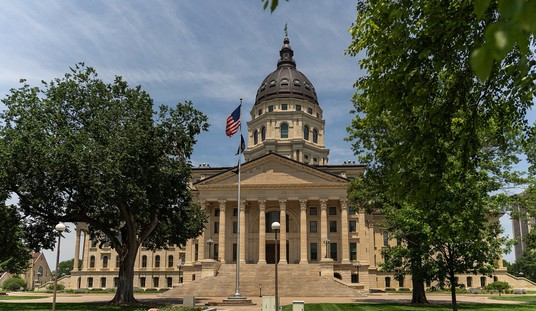The United Nations is giving us yet another reason to tell them to go jump in a lake. The agency’s Food & Agriculture Organization (FAO) is set to launch a comprehensive plan aimed at getting developed countries in line with the Paris climate agreement, and our meat consumption is on the plate.
The U.N. is expected to publish a plan intended to address climate change concerns. A substantial part of this plan would be pushing developed nations to get their citizens to eat less meat.
The global food systems’ road map to 1.5C is expected to be published by the United Nations’ Food & Agriculture Organization during the COP28 summit next month. Nations that over-consume meat will be advised to limit their intake, while developing countries — where under-consumption of meat adds to a prevalent nutrition challenge — will need to improve their livestock farming, according to the FAO.
From farm to fork, food systems account for about a third of global greenhouse gas emissions and much of that footprint is linked to livestock farming — a major source of methane, deforestation and biodiversity loss. Although non-binding, the FAO’s plan is expected to inform policy and investment decisions and give a push to the food industry’s climate transition which has lagged other sectors in commitments.
The guidance on meat is intended to send a clear message to governments. But politicians in richer nations typically shy away from policies aimed at influencing consumer behavior, especially where it involves cutting consumption of everyday items.
Of particular interest is the fact that the average American consumes about 127 kilograms of meat per year, while the consumption in Nigeria and the Democratic Republic of Congo is seven and three kilograms, respectively. The plan also involves improving livestock farming in developing countries, where under-consumption of meat has contributed to nutritional problems.
The United Nations claims to be motivated in this endeavor by a desire to nudge the food industry toward a climate transition that will supposedly lessen the chances of everyone being immolated in a gigantic ball of fire in ten years because of climate change. But it is also part of a broader strategy that involves adapting farming practices to erratic weather conditions, reducing food waste and emissions from fertilizer use, which Rep. Alexandria Ocasio-Cortez (D-NY) warned us about when arguing in favor of limiting cow farts.
Of course, the plan is non-binding because the U.N. lacks the ability to force any nation to do its bidding. However, it is not beyond the realm of possibility that governments involved in the Paris climate agreement would eagerly pounce on the opportunity to tell their citizens what they should and should not eat.
In fact, the Biden administration would probably be fully on board with this idea, as would those who have no problem using the state to intervene in people’s personal choices. While they might not immediately try to prohibit people from eating that rare steak (which is how all steak should be cooked), the government could seek other means to make it more difficult for people to purchase and consume meat. We have already seen efforts to push Americans to begin eating insects.
The state has no business meddling in people’s dietary choices, especially under the guise of protecting the world from some vague, ill-defined threat. Yet, if the United Nations has its way, this is precisely what will happen.












Join the conversation as a VIP Member